Everything You Should Know Before Visiting Turkey
Turkey is a unique destination that welcomes millions of tourists every year with its rich history, fascinating nature and hospitable people. But before travelling to this fascinating country, it is important to know about cultural norms, social habits and practical information that will make your trip more enjoyable and hassle-free. In this comprehensive guide, you will find everything you need to know before visiting Turkey. So, is Turkey safe? What to do in Turkey? Why should you visit Turkey? And what are the social rules in Turkey? Let's explore together...👇
Overview of Turkey
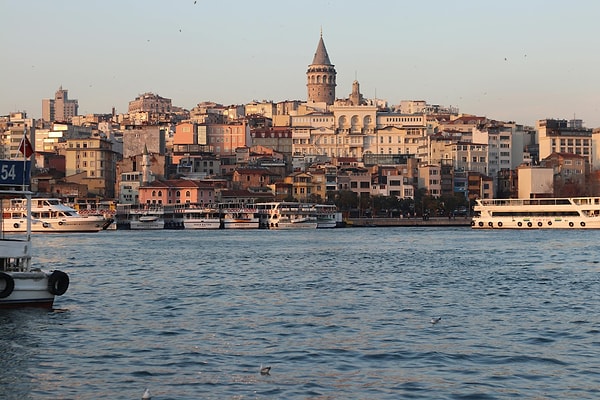
Turkey is located at the crossroads of Asia and Europe, offering a unique mosaic of Eastern and Western cultures. The country is noted for its historical richness, natural beauty and diverse cultural heritage. From the historical peninsula of Istanbul to the fairy chimneys of Cappadocia, from the turquoise coasts of the Aegean and Mediterranean to the green plateaus of the Black Sea, there are many places to explore.
Cultural Differences and Social Labelling
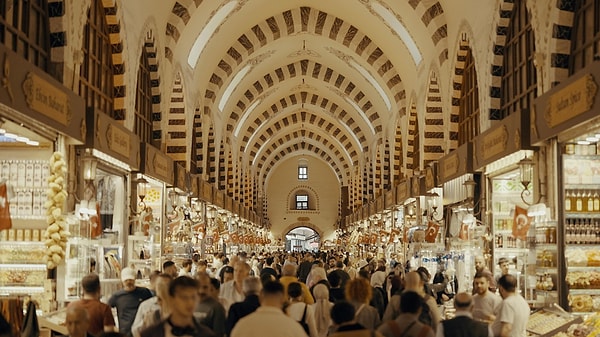
Greetings and Forms of Address
Turks are known for their hospitality, and the greeting culture is an integral part of this. A handshake is common, and in intimate settings, a kiss on the cheek may also occur. In formal situations, the titles “Bey” (for men) and “Hanım” (for women) are added to the end of names. For example, “Ahmet bey” or “Ayşe hanım”
Dress and Behaviour
While there is a more relaxed attitude towards clothing in Turkey's major cities, a more conservative style of dress is preferred, especially in rural areas and religious sites. Women are expected to cover their heads and shoulders when visiting mosques. Additionally, shoes are removed during home visits, and slippers are usually provided by the hosts.
Practical Information Before Travelling

Visa and Entry Procedures
Many countries offer visa exemptions or e-visas for entry into Turkey. It is recommended that you check the visa requirements on the official website of the Ministry of Foreign Affairs of the Republic of Turkey before your trip.
Electricity and Adapter Usage
The electrical voltage in Turkey is 220V, and the frequency is 50Hz. The socket type is typically Type F, which is the European standard. If you have devices with a different socket type, it would be useful to bring a suitable adapter.
Transportation and Travel Tips
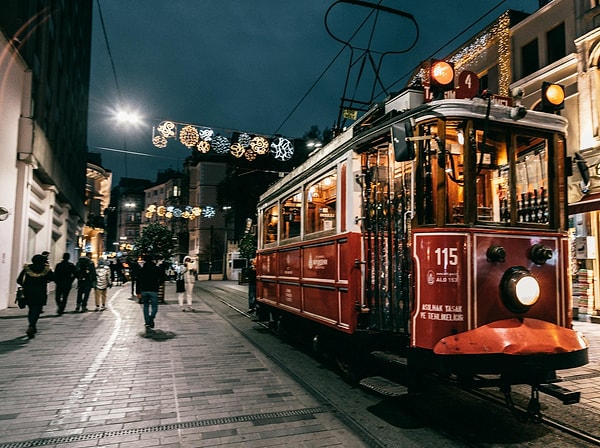
City Transportation
Public transportation is highly developed in large cities. In Istanbul, you can use public transportation such as the metro, tram, bus, and ferry with an “Istanbulkart.” When using a taxi, ensure the meter is turned on or agree on the fare in advance.
Transportation Between Cities
There are several options for travelling between cities in Turkey, including bus, train, and domestic flights. Bus companies typically offer comfortable services, and tickets can be purchased online. There are also affordable domestic flights to many destinations in Turkey.
Safety and Health
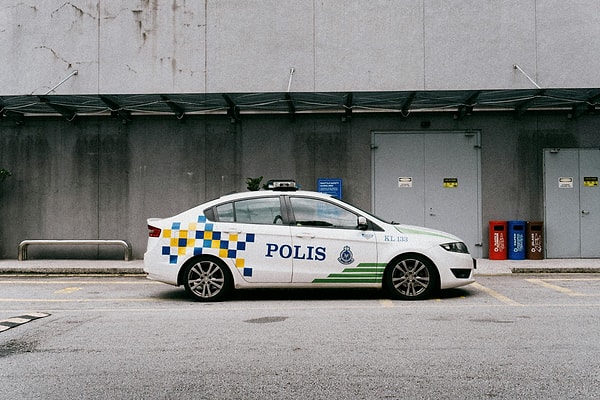
General Security
Turkey is generally a safe country for tourists. However, it is advisable to be wary of petty crime, such as pickpocketing, in crowded areas. There may also be travel restrictions in certain regions, especially those close to the Syrian border, so it is important to check current travel warnings.
Health Precautions
It is advisable to check routine vaccinations such as hepatitis A, hepatitis B, and typhoid before travelling. While tap water is drinkable in some areas, bottled water is preferred, especially for sensitive stomachs.
Food and Beverage Culture and Tipping
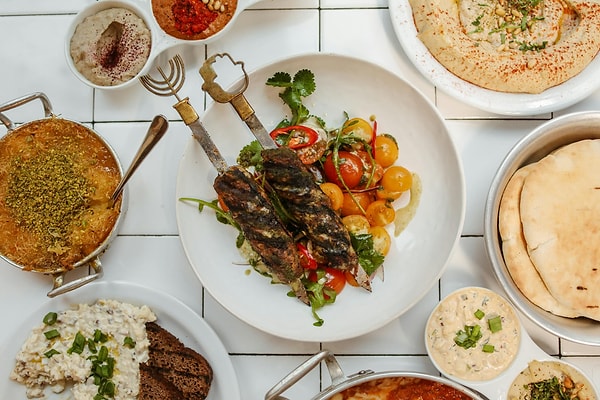
Turkish Cuisine
Turkish cuisine is renowned for its rich and varied flavours. You can savour many dishes such as kebabs, mezes, olive oil dishes, and desserts. Among the street delicacies, options like simit, stuffed mussels, and döner are popular.
Tipping Practices
In restaurants, it is common to leave a tip of 10-15%. In cafes and bars, tipping is optional; however, leaving a small amount for good service is appreciated. Taxi drivers generally do not expect a tip, but rounding up the fare is customary.
Must-See Attractions

Istanbul
Istanbul is one of the most significant tourist cities in Turkey, featuring historical and cultural sites such as the Hagia Sophia, Topkapi Palace, the Blue Mosque, and the Grand Bazaar.
Cappadocia
Famous for its fairy chimneys, underground cities, and hot air balloons, Cappadocia offers a unique experience that combines nature and history.
Aegean and Mediterranean Coasts
Coastal cities such as Bodrum, Antalya, Fethiye, and Marmaris are popular among holidaymakers for their beautiful beaches and historical ruins.
Local Customs and Religious Sensitivities

Islam is prevalent in Turkey, which is reflected in various daily habits. For instance, prayers are offered in mosques at designated times, and fasting is observed during Ramadan. During this period, it is considered respectful to avoid eating in public places, particularly during daylight hours.
Shopping and Bargaining Culture

Bargaining is a common practice in Turkey when shopping, especially in markets and tourist areas. However, prices are fixed in larger stores and shopping centres. Local products, such as handmade carpets, ceramics, spices, and jewellery, are sought after as souvenirs.
Best Time to Travel to Turkey
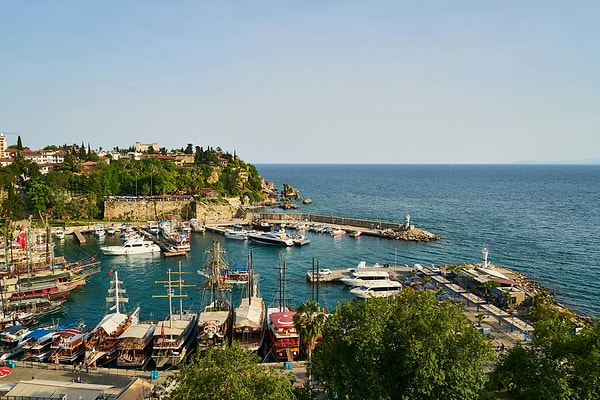
The best times to visit Turkey are in spring (April-May) and autumn (September-October). During these periods, the weather is mild, and the crowds in tourist areas are smaller. In summer, coastal regions can be hot and crowded, while in winter, especially in eastern regions, snowfall can occur.
Keşfet ile ziyaret ettiğin tüm kategorileri tek akışta gör!

Send Comment